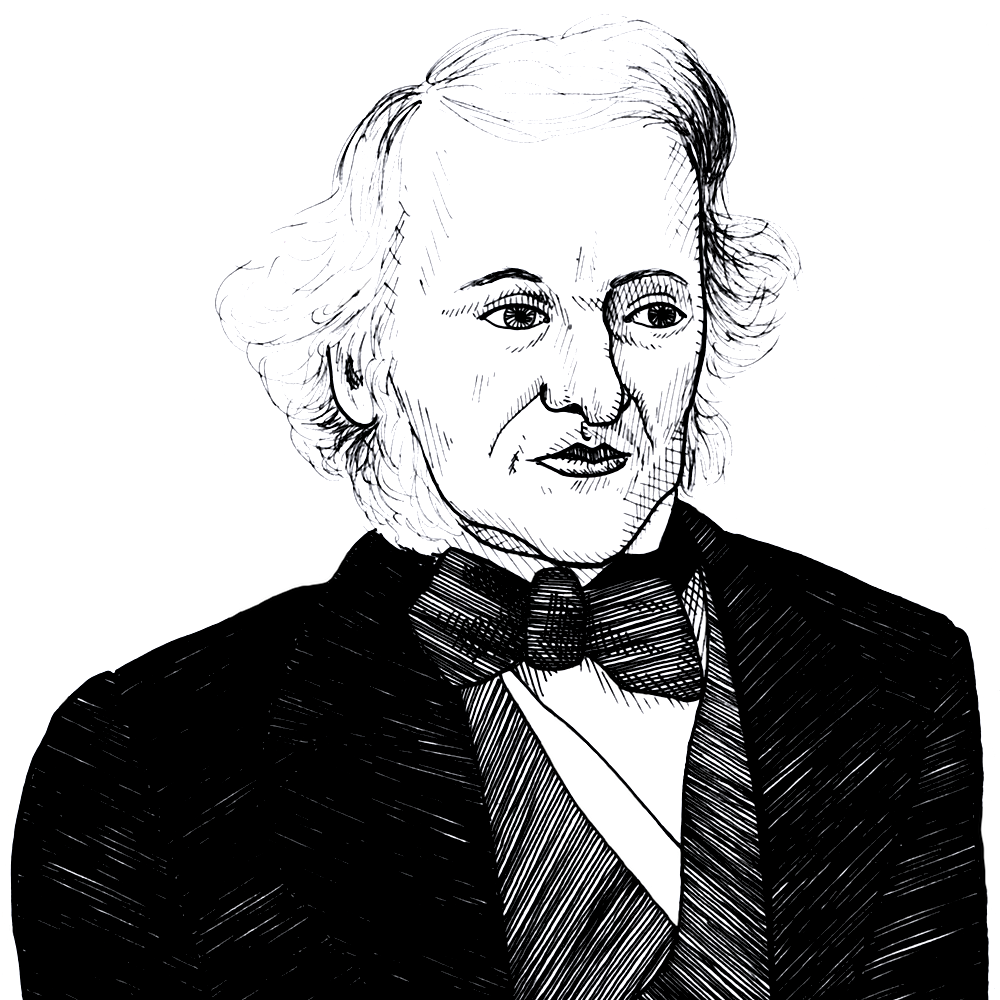
Cobden argues that the British Empire will inevitably suffer retribution for its violence and injustice (1853)
Found in: The Political Writings of Richard Cobden, vol. 2
The free trader and anti-war advocate Richard Cobden (1804-1865) opposed the annexation of Burma in 1852. In a pamphlet written in 1853 he argued that like all previous empires, the British Empire will one day be punished for its “ imperial crimes”:
War & Peace
But it is not consistent with the supremacy of that moral law which mysteriously sways the fate of empires, as well as of individuals, that deeds of violence, fraud, and injustice, should be committed with permanent profit and advantage. If wrongs are perpetrated in the name, and by the authority, of this great country, by its proconsuls or naval commanders in distant quarters of the globe, it is not by throwing the flimsy veil of a “double government” over such transactions that we shall ultimately escape the penalty attaching to deeds for which we are really responsible. How, or when, the retribution will re-act upon us, I presume not to say. The rapine in Mexico and Peru was retaliated upon Spain in the ruin of her finances. In France, the razzias of Algeria were repaid by her own troops, in the massacres of the Boulevards, and the savage combats in the streets of Paris. Let us hope that the national conscience, which has before averted from England, by timely atonement and reparation, the punishment due for imperial crimes, will be roused ere it be too late from its lethargy, and put an end to the deeds of violence and injustice which have marked every step of our progress in India.